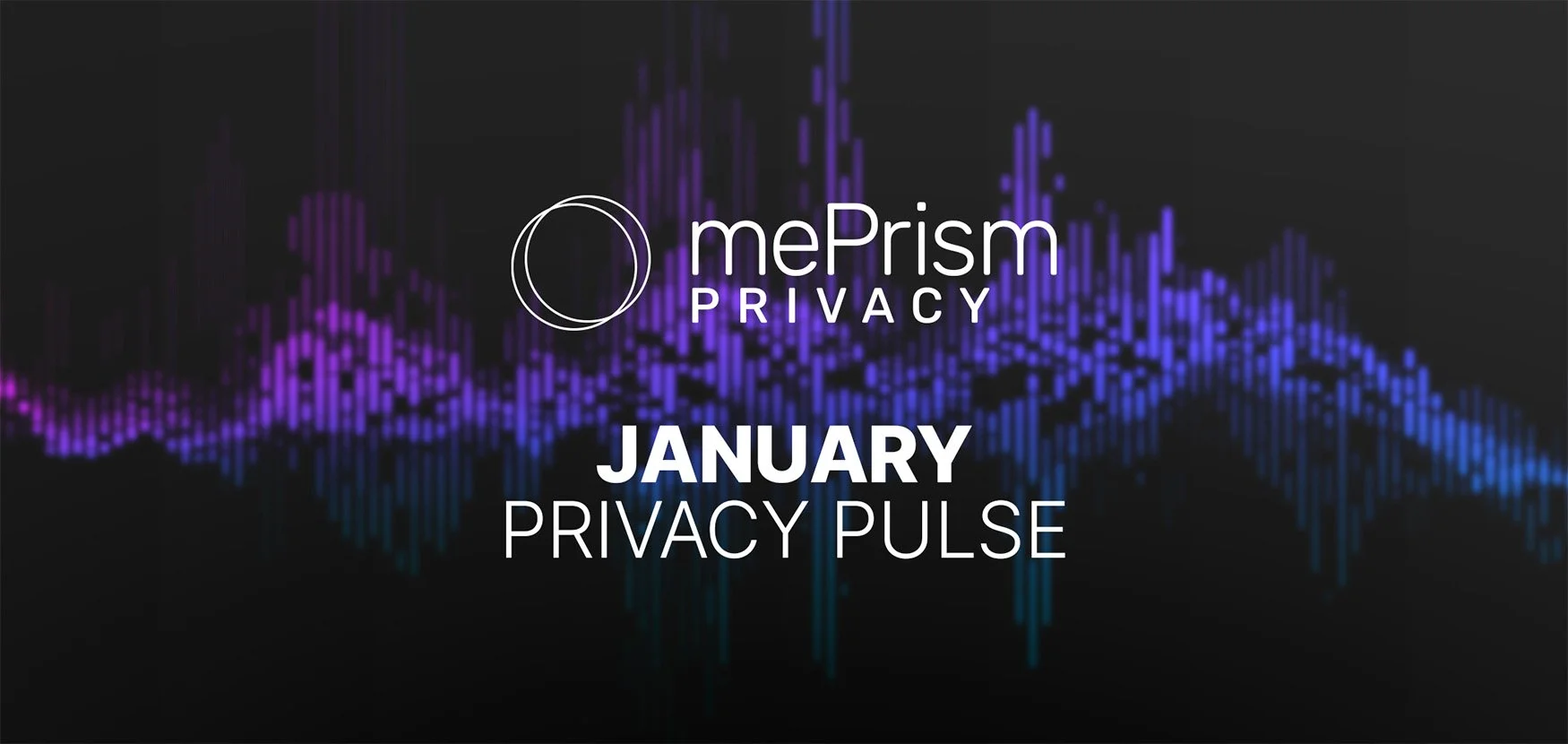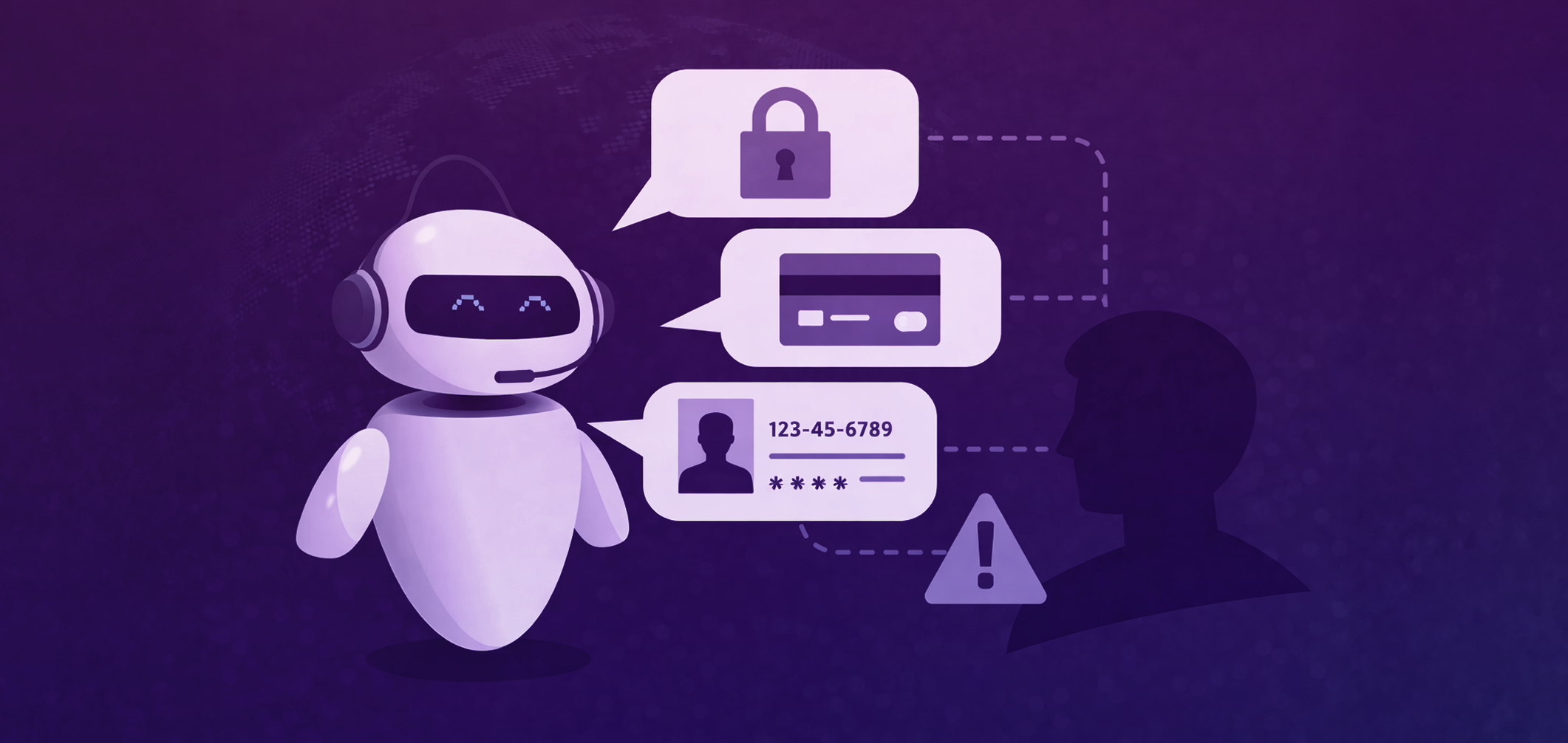June 2025 Privacy Pulse: When Data Brokers Help Kill
June 2025 Privacy Pulse:
When Data Brokers Help Kill
This June, the risks of unchecked personal data exposure took center stage in both headlines and courtrooms.
The most chilling example came out of Minnesota, where a political assassination shocked the country—and revealed a disturbing pattern of abuse involving data broker sites.
The Minnesota Assassination Plot: A Data Broker-Fueled Attack
Vance Boelter, now facing multiple charges including murder and attempted assassination, allegedly used people-search websites to track down his political targets. According to the indictment and evidence presented in court, Boelter maintained handwritten lists of internet-based people-search engines, including:
TruePeopleSearch
Spokeo
Pipl
PeopleFinders
BeenVerified
Whitepages
TruthFinder
Intelius
Ownerly
USSearch
PeopleLooker
Boelter used these services to collect addresses, phone numbers, and details about family members of his victims. After murdering one elected official, he visited the homes of two more—intending to kill—before being stopped.
This method isn’t new. Stalkers, criminals, and even foreign operatives rely on data broker websites to locate targets in the real world. What’s new is that the paper trail was preserved—and prosecutors had the evidence in Boelter’s own handwriting.
These websites don’t just exist in some dark corner of the internet. They’re legal, highly trafficked, and openly marketed as tools for finding people’s personal details, sometimes for free.
How People-Search Sites Enable Real-World Violence
People-search websites scrape public records and package them into searchable profiles. Many include:
Home addresses
Cell phone numbers
Relatives and associates
Employment history
Property records
Social media accounts
They make it easy for anyone with a name—and sometimes a credit card—to find where someone lives, who they live with, and how to reach them. Many provide bulk background reports that are marketed as tools for employers, landlords, or private investigators. But they also empower bad actors.
Law enforcement, executive protection firms, and cybersecurity professionals have long warned about these threats. Now we have a murder case that shows just how quickly online information becomes a physical danger.
Why Executive Protection Teams Target Data Broker Exposure
Private security firms that protect high-risk individuals—including politicians, corporate executives, and public figures—routinely use services like mePrism Privacy to remove personal data from people-search sites. Here’s why:
Assailants and stalkers use these sites as step one in their targeting process.
Threat actors don’t need hacking skills to exploit them.
Removal of this data raises the difficulty and cost of locating someone.
mePrism works with companies and individuals to scrub this information from over 600 data broker sites. Our clients include Fortune 500 firms, federal agencies, and victims of stalking and harassment.
This kind of data removal isn’t cosmetic. It’s essential protection.
June 2025: Major Consumer Data Breaches You Should Know
The Minnesota attack was the most high-profile data abuse story of the month, but several other major breaches occurred in June, exposing millions of Americans to identity theft, phishing, and profiling. Here are the most significant:
1. AT&T Confirms Massive Data Leak
What happened: AT&T confirmed that data from 109 million customer accounts was leaked and posted on a hacking forum. The data includes names, addresses, phone numbers, Social Security numbers, and account PINs.
Why it matters: This is one of the largest telecom data leaks in U.S. history. Criminals could use this data to hijack phone numbers, access bank accounts, or impersonate victims for fraud.
2. HealthEC Breach Hits Over 4.5 Million Patients
What happened: HealthEC, a healthcare data analytics firm, disclosed a ransomware attack that compromised medical data of more than 4.5 million individuals.
Data Exposed: Names, dates of birth, medical record numbers, diagnosis info, and insurance details.
Impact: Patients had no direct relationship with HealthEC—yet their data was exposed via third-party sharing agreements with hospitals and insurers.
3. American Express Vendor Breach
What happened: A third-party vendor used by American Express suffered a cyberattack, leading to the leak of cardholder data.
What was exposed: Names, account numbers, and card expiration dates.
Impact: The breach didn’t originate from AmEx directly, but shows how third-party relationships remain a weak link in data protection.
4. TransUnion Faces Allegations of Releasing Fraudulent Reports
What happened: A whistleblower leaked documents showing that TransUnion allegedly allowed inaccurate data and false collections reports to be posted to consumer credit profiles, sometimes based on mismatched names and addresses.
Why it matters: Credit agencies operate under legal protections, but poor data handling can have real consequences—from denied loans to lost jobs.
5. Epsilon Data Broker Leak Impacts Email Marketing Ecosystem
What happened: Epsilon, a major marketing data broker, experienced a breach that exposed millions of consumer email addresses and behavioral profiles.
Risk: These profiles help shape targeted ads—but when stolen, they power phishing attacks that are nearly impossible to spot.
What You Can Do Right Now
If you’re an individual, executive, or part of a security team, you’re likely wondering: how do I keep my data out of the hands of stalkers, scammers, or criminals?
Here’s a short list of actions you can take immediately:
Use a data removal service like mePrism Privacy to opt out of data brokers and people-search sites.
Freeze your credit with Equifax, TransUnion, and Experian to reduce risk of identity theft.
Avoid oversharing on social media, especially geotagged content and location history.
Use MFA (multi-factor authentication) on all key accounts—email, banking, and social platforms.
Regularly monitor data breaches using services like HaveIBeenPwned or your financial institution’s alerts.
The Stakes Are Higher Than Ever
Boelter’s notebooks are just one example. For every one case that makes national news, there are thousands of threats that go unreported or unnoticed.
Executives are doxed. Journalists are harassed. Doctors, teachers, and police officers are stalked. And in every case, the entry point is often the same: a data broker website selling your name, address, and family details to anyone willing to search.
This is a solvable problem. You can remove your data. You can make it harder for bad actors to find you. And you can demand that your digital life be harder to weaponize.
mePrism exists to help you do exactly that.
Ready to try mePrism yourself?
If you're a company protecting at-risk employees, or an individual concerned about your digital footprint, start your privacy removal today at mePrism.com.
Because your data shouldn’t be a roadmap for violence.
Explore more from Our Team
Browse more posts written by our team to help you stay in control.
Be Part of the Conversation





